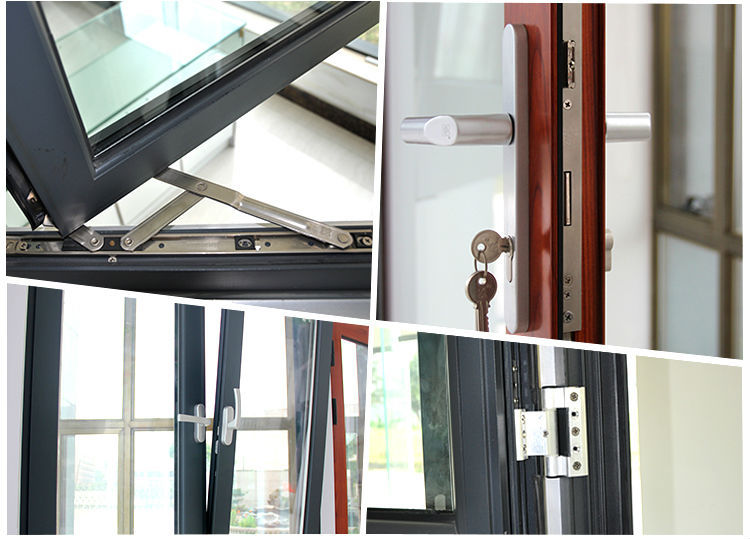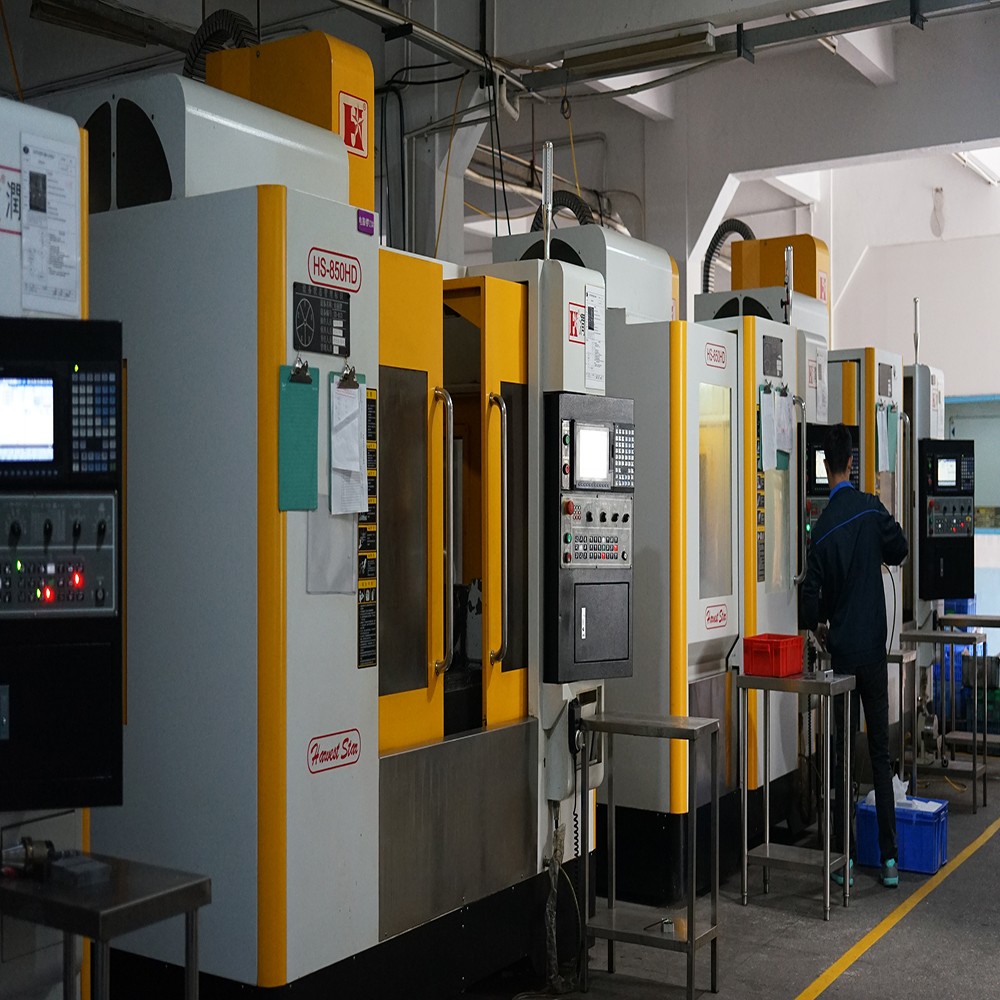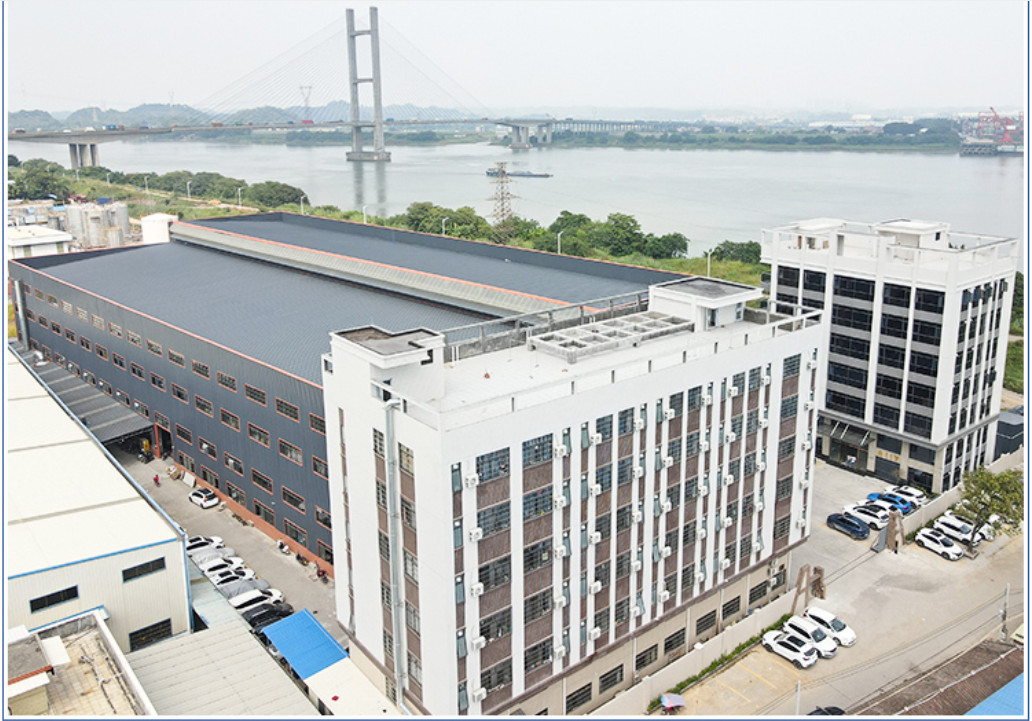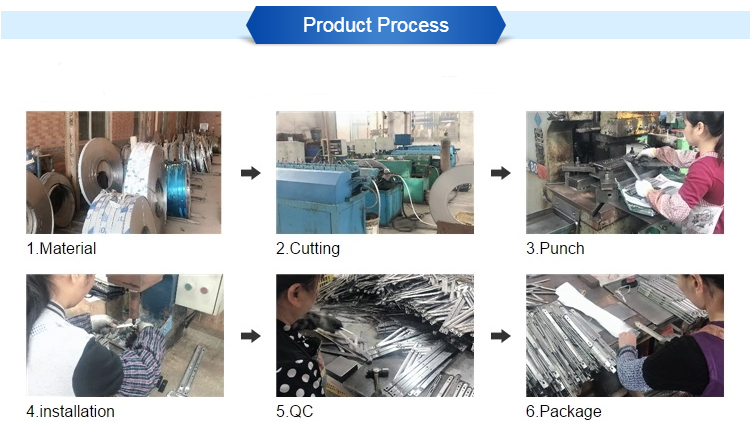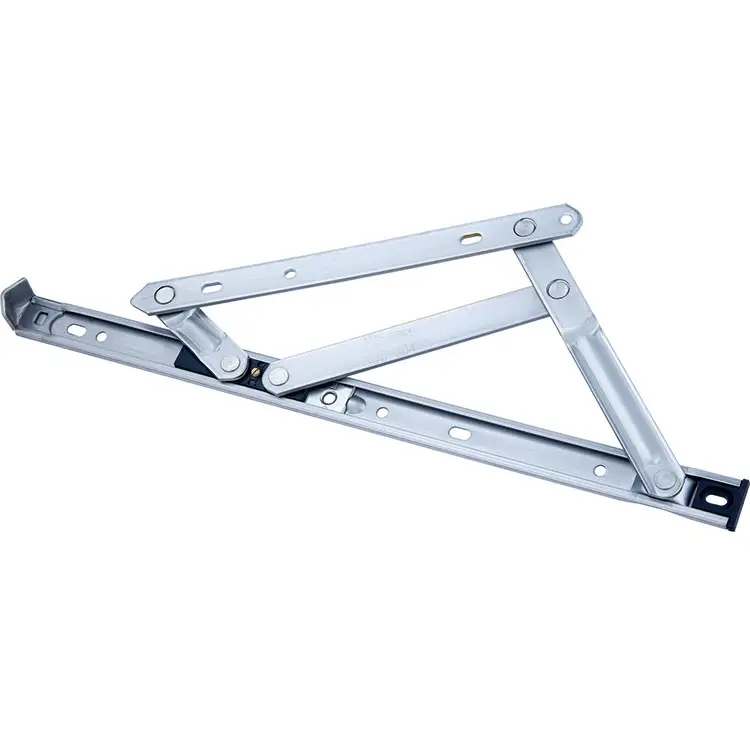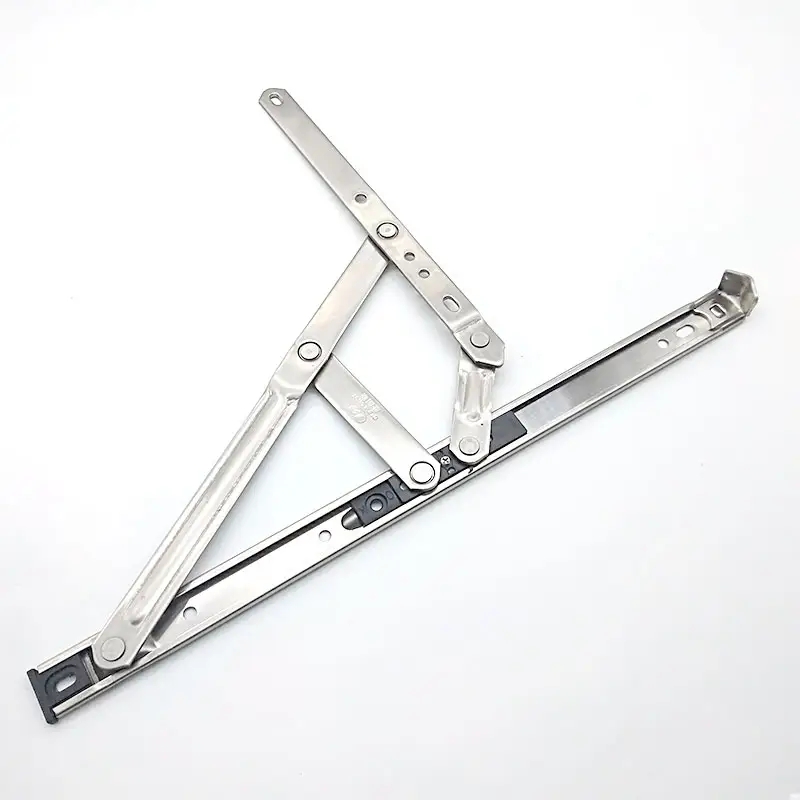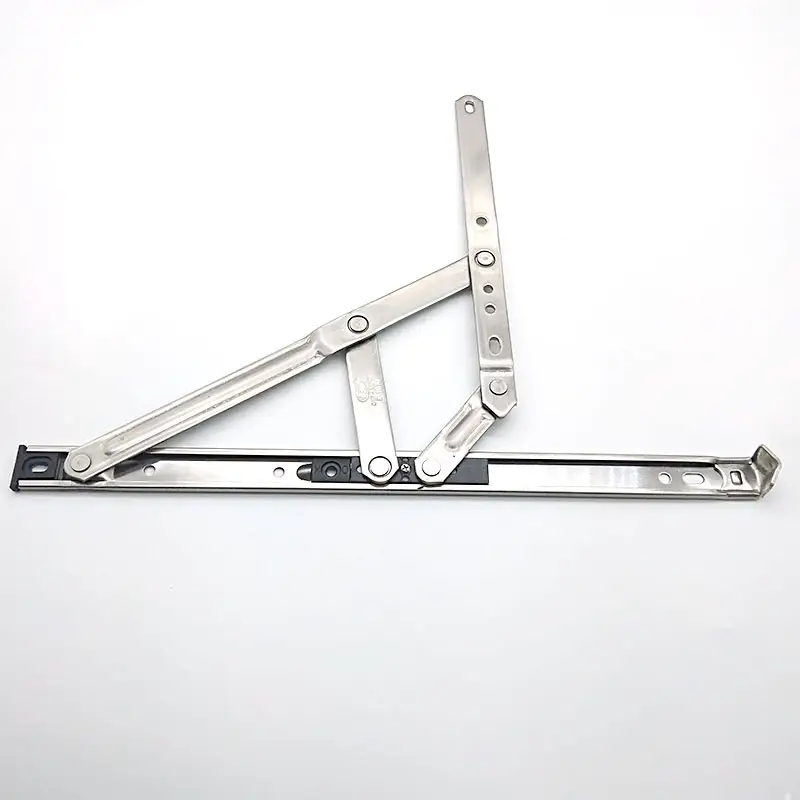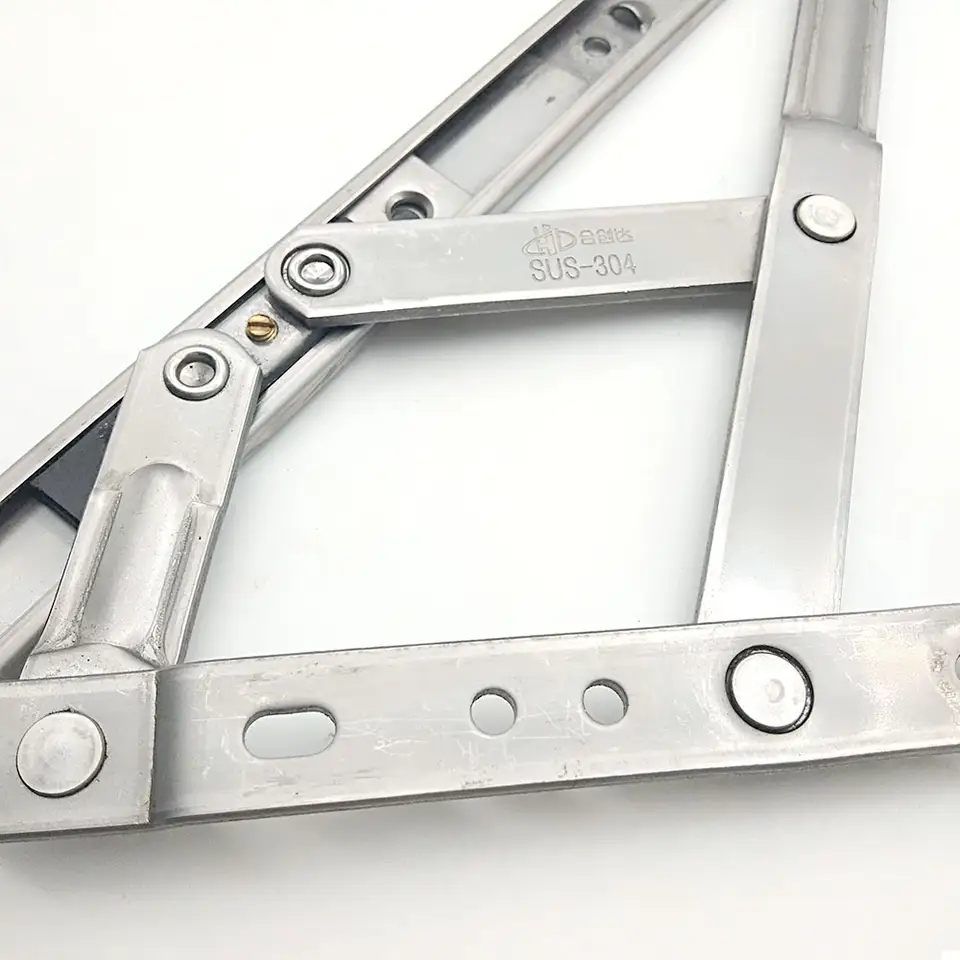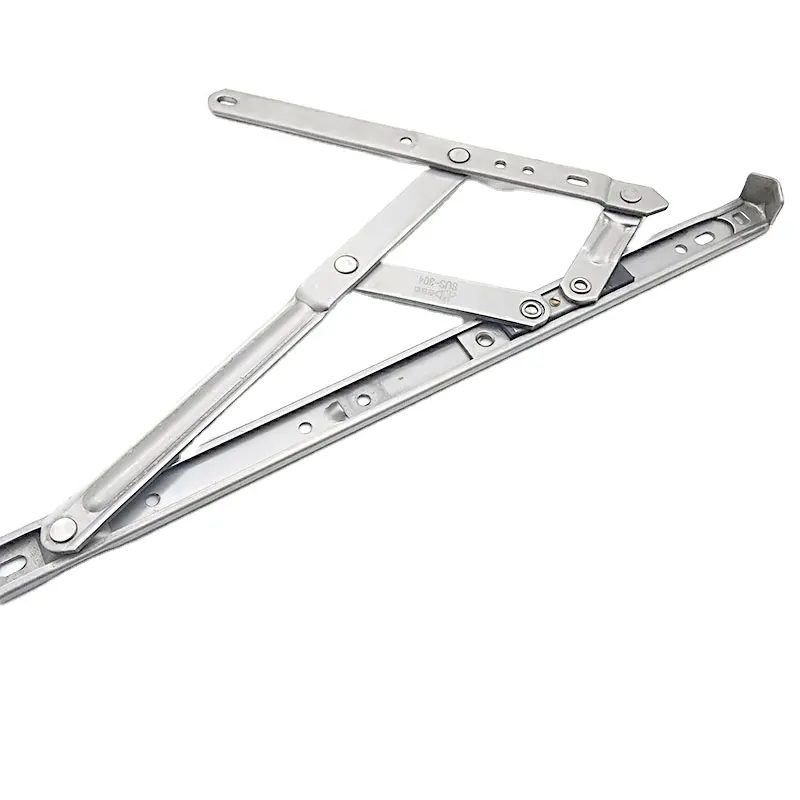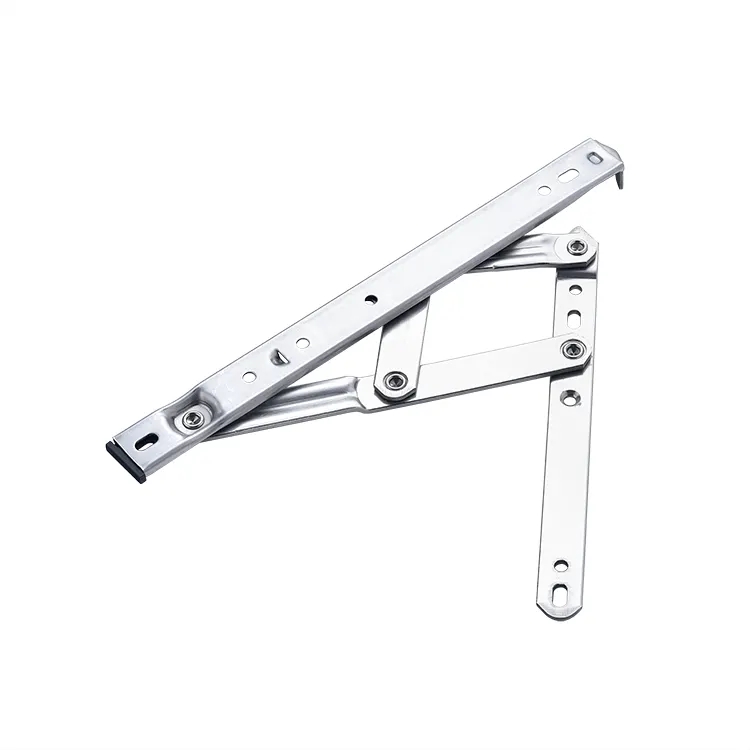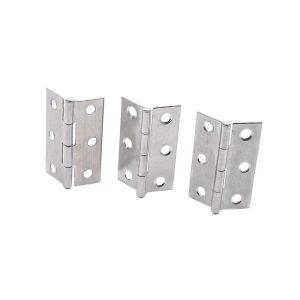Window Hinges: The Elegant Nexus of Form and Function in Architectural Craftsmanship
Introduction
In the realm of architectural ingenuity, where creativity intertwines with functionality, window hinges emerge as the elegant nexus that seamlessly merges artistic form and practical function. These seemingly unassuming components wield significant influence, shaping both the visual aesthetics and operational efficiency of architectural spaces. This article delves into the captivating interplay between aesthetic allure and pragmatic purpose, gracefully orchestrated by the mechanism of window hinges.
Architectural Choreographers
Window hinges perform as the choreographers of architectural movement. They set the rhythm of interaction between indoor and outdoor spaces, guiding the choreography of how windows open and close. A pivot hinge introduces moments of contemplation, while a sliding hinge unveils sweeping panoramas with the grace of a precisely choreographed dance.
Design as Expressive Artistry
The design of window hinges is a form of expressive artistry that communicates architectural intent. Architects wield the creative brush to select hinges that resonate with the design narrative, either blending harmoniously or standing out as exquisite accents. The design of these hinges adds layers to a building’s story, echoing tales of history, modernity, or aspirational visions.
Engineering Precision as Architectural Mastery
Beneath the surface aesthetics resides the architectural mastery of engineering within window hinges. Engineers meticulously calculate forces, friction, and material strength to ensure the hinges operate seamlessly and stand the test of time. This fusion of engineering precision and architectural form elevates hinges from mere functional elements to refined artworks that epitomize the union of aesthetics and purpose.
Aesthetic Harmony in Motion
Window hinges contribute to the aesthetic harmony of dynamic spaces. Architects can select hinges that seamlessly complement the architectural style, resulting in a synthesis of form and motion. The interplay between the hinge’s design and the overall aesthetics of the building crafts spaces that are both visually captivating and operationally efficient.
Bridging Heritage and Modernity
Window hinges serve as the bridge between architectural heritage and contemporary innovation. Reproduction hinges pay homage to design elements of the past, while modern hinges incorporate advanced materials and mechanisms. This dialogue between tradition and progress forms a captivating narrative of architectural evolution.
Security with Subtle Grace
Modern window hinges seamlessly integrate security measures without compromising grace. Advanced locking systems and unobtrusive designs offer occupants a sense of security without overshadowing the visual sophistication of a space. These hinges embody the fusion of security and subtlety.
Promoting Sustainability
Window hinges contribute to sustainable design by facilitating natural ventilation and energy efficiency. Architects can strategically position windows to harness natural airflow, reducing reliance on mechanical cooling systems. Hinges become advocates of environmentally-conscious architectural solutions.
Envisioning the Future of Hinges
As architecture evolves, so will window hinges. With advancements in materials, smart technology integration, and innovative design concepts, the role of hinges will transform. These hinges might encompass automation, adapt to changing environmental conditions, and incorporate materials with reduced ecological impact, further blurring the lines between aesthetics and function.
Conclusion
Window hinges emerge as the subtle architects of the seamless fusion between architectural beauty and practical brilliance. Beyond their mechanical role, they encapsulate the very essence of refined design and operational excellence. Architects, in collaboration with window hinges, craft spaces that transcend conventional limits, inviting occupants to participate in the symphony of aesthetics and utility within the ever-evolving canvas of architecture.
